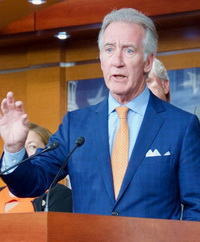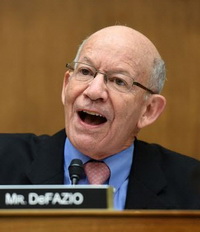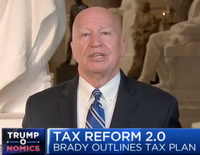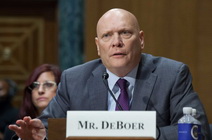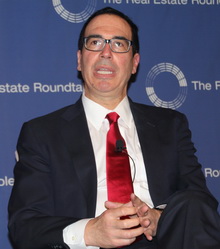Robust international travel helps power economic growth and commercial real estate through tourism dollars directly spent at U.S. hotels, resorts, stores, home purchases, attraction, and investment properties. That is the message to policymakers from the multi-industry VisitU.S. Coalition, which aims to safely and securely welcome more overseas travelers to the U.S. – who stay an average of 18 nights and spend approximately $4,360 at hotels, stores, restaurants and attraction properties on business and leisure trips. (VisitU.S. Policy Agenda)
 |
|
The multi-industry VisitU.S. Coalition aims to safely and securely welcome more overseas travelers to the U.S. – who stay an average of 18 nights and spend approximately $4,360 at hotels, stores, restaurants and attraction properties on business and leisure trips. ( VisitU.S.Policy Agenda ) |
- The coalition advocates for policies from the Trump Administration and Congress to regain the nation’s lost share of the global travel market by 2020, which will result in 88 million international visitors who directly support 1.3 million U.S. jobs and $294 billion in travel exports – crucial to achieving the Administration’s economic goals. (Roundtable Weekly Jan. 19 Feb. 9)
- To address policies that may encourage or discourage in-bound travel – as well as the impact of the travel and tourism market on CRE – The Roundtable will host a panel discussion during its June 14 Annual Meeting entitled “ Enhancing International Travel and Tourism.
- “We should be encouraging international tourism and promoting policies that not only make the visa system more secure and accessible, but also streamline the process,” said Jeffrey D. DeBoer, President and CEO of The Real Estate Roundtable. “Increasing inbound international travel to the U.S. helps power the commercial real estate industry here at home through spending at hospitality, retail, attraction, health, and investment properties – all of which generate revenues to boost overall economic growth and create American jobs,” DeBoer added.
- Jonathan Tisch, chairman and CEO of Loews Hotels & Co. spoke about the coalition’s concerns and goals during a Monday interview with CNBC’s “Squawkbox” and at an international hospitality industry investment conference. ( Squawkbox Interview, June 4 and GlobeSt, June 6)
- In a June 4 Travel Weekly editorial, Tisch also addressed the Trump Administration’s proposal to eliminate Brand USA, a public-private partnership created by Congress to promote America as the best destination for international visitors. Tisch writes, “The program returns an estimated $28 in visitor spending for every $1 invested – without a single dollar from U.S. taxpayers. Although the fees that fund it were extended, after 2020, those monies will be diverted to the U.S. Treasury instead of Brand USA. Unless this is fixed, the program will be in limbo.”
Led by the U.S. Travel Association and the American Hotel and Lodging Association, the VisitU.S. coalition also includes The Real Estate Roundtable, U.S. Chamber of Commerce and the American Resort Development Association.


